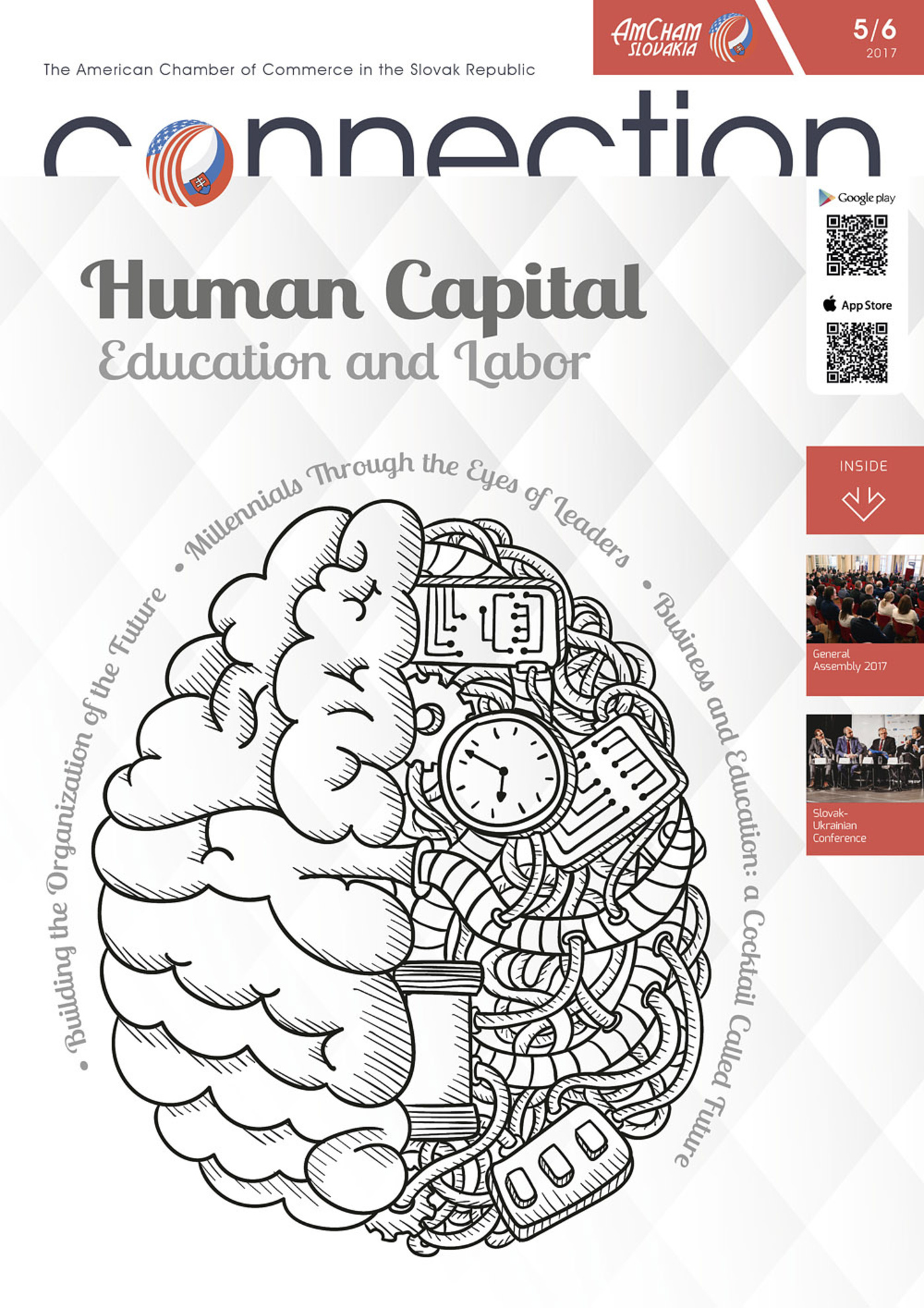Every community, society and region encounters challenges that could either seriously limit its growth potential or send the region into a downward spiral of civil and economic regression. Central Europe is no different. A number of factors, including uncertainty over Brexit, pose a threat or a potential threat to the economic and social security of the region.
The answer to these threats is not to be found in the executive meetings between CEOs and their business colleagues in large cities of Central Europe or in exclusive social and business forums. The solution may lie in one of Central Europe’s most valuable and overlooked resource — the minds of the Central European youth who represent the future human capital of the region. By developing their minds, we can develop new ethical leaders who could help resolve the challenges the region faces.
However, development of youth leadership and entrepreneurship will not happen on its own. LEAF Academy, an international boarding high-school based in Bratislava, provides students with daily exposure to real-life business problems. The academy grooms leaders by going beyond teaching theoretical concepts and models. Using human-centered design thinking, it encourages students to try their own approaches and solutions to real-life issues and learn from the process and the results. This iterative practice permeates their day-to-day activities, with a special focus on the Entrepreneurial Leadership classes. These classes provide students with a start-up incubator-like environment that allows them to practice their entrepreneurial and leadership skills in cooperation with real-life businesses.
Toto! je galéria is an example of a business serviced by Entrepreneurial Leadership students. The challenge given to the student team was to raise awareness about the gallery, its services, and products. The students proposed several ideas to increase the visibility of art through programs promoted by the gallery. Moreover, they connected the institution with other similar businesses abroad, allowing it to cooperate internationally, which Toto! je galéria found to be their most valuable contribution. The student team acknowledged that the experience enabled them to increase their marketing and communications skills, as well as their market research capabilities. Toto! je galéria expressed satisfaction with the students’ high efficiency. The project has developed beyond the initial expectations, as the group of students is working on a commercial product in cooperation with the gallery.
Another example of business-school cooperation was realized with Neulogy, an R&D consulting company, which was looking for input on several strategic questions. As a part of their Entrepreneurial Leadership classes, students were tasked with developing potential solutions. After less than three months, the students produced and presented a report to the leadership of the company, providing both research data and potential solutions. In addition to creating value for the company, the group developed skills such as critical thinking, solution design, team work, delegation, and ideation. To quote Peter Kolesár, the CEO of Neulogy: “Working with high school students was an entirely new and unique experience for our team. We were impressed with the students´ presentation, including their willingness to challenge us in our thinking.”
To help students bring value to their partners, the Entrepreneurial Leadership curriculum is built around four pillars. Within the “self” pillar, students need to learn how to be aware of themselves, their own strengths, growth areas and limitations. The “opportunities” pillar allows them to look around their communities, perceive challenges as opportunities, and use the human-centered design-thinking process to deliver feasible solutions. The third pillar, “working with others”, provides learners with the ability to understand and relate to diverse people around them in order to successfully accomplish a common goal. This includes acquiring skills such as teamwork, organization, process management and motivation, as well as understanding and applying key concepts like emotional intelligence, feedback, and situational leadership. Last, but definitely not least, the educational cycle is completed by “real-world practice”. Here, the Student Enterprise Program simulates market conditions and engages students in collaborating with stakeholders outside the Academy, such as Toto! je galéria or Neulogy. Learners also have the opportunity to start and to run their own enterprises on and off campus.
Combining these four pillars allows students to engage in a creative and innovative process, as well as in a process of reflection on their successes and failures. It balances increasing our learners´ awareness and expanding their horizons with giving them the opportunity to practice, tinker, try out their ideas, fail, learn from failure and ultimately succeed. Having learned from their previous experiences, several students have already started incubating and executing their own ideas ranging from a design agency, a community-centered fashion brand to connectivity providers.
By merging theory, introspection and practice, the Entrepreneurial Leadership curriculum seeks to provide students with competencies they can use to empower their community and the Central European region. We envision Central Europe as a place, in which the boldest ideas become businesses to create employment, generate revenue, spur social and economic development, and expand the boundaries of technology. If we wish to change our reality 20 years from now, we have to start by changing our society today. Through the Entrepreneurial Leadership curriculum, students at LEAF Academy are doing just that. Educating the minds of the Central European youth means truly investing in Europe´s most valuable resource.
Francis Chitawo, EL Intern, LEAF Academy
Bruno D. A. Sacatucua, EL Intern, LEAF Academy
Peter Reťkovský, EL Teacher, LEAF Academy



Follow us